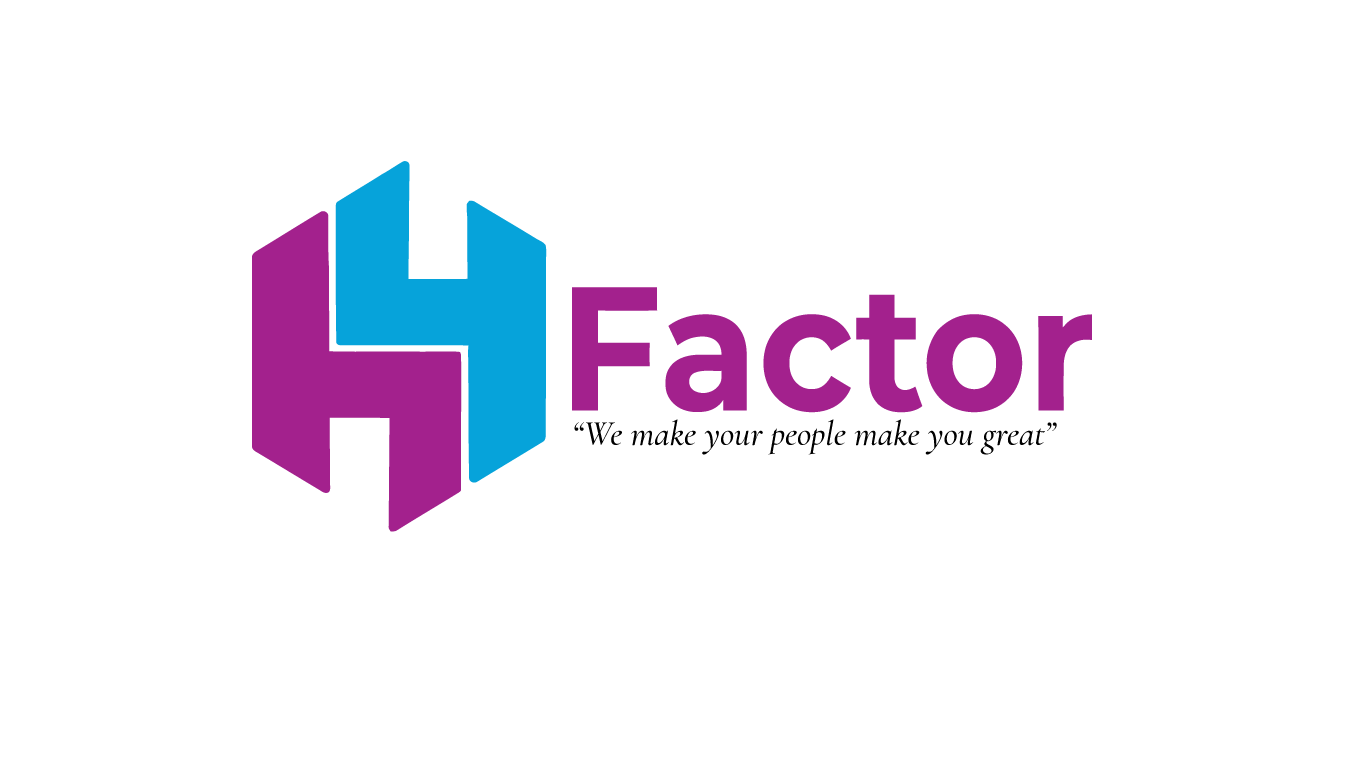
Winning the Talent Game: Modern Recruitment & Selection Strategies for Ghanaian Companies
In today’s fast-paced VUCA business world, the ability to attract, select, and retain exceptional talent is no longer a “nice-to-have”—it is the single most important driver of organizational success. For Ghanaian companies, recruitment and selection practices are rapidly evolving, combining global best practices with deep local insights to build high-performing teams that can compete both locally and internationally.
Ghana’s job market is more dynamic than ever. Organizations are now navigating a blend of traditional and digital hiring methods. Online job portals and social media platforms—such as LinkedIn, WhatsApp, and Jobberman — are gaining significant traction, yet tried-and-tested approaches like newspaper ads, employee referrals, third-party recommendations, and campus recruitment remain influential.

The winning formula? Companies that achieve the best results combine the efficiency of digital tools with the trust and cultural understanding offered by personal networks. This hybrid approach ensures they connect with the right candidates while safeguarding organizational culture.
Key Strategies for Effective Recruitment
1. Digital Recruitment & Employer Branding
With over 17 million internet users in Ghana, digital recruitment is no longer optional—it’s a necessity. Forward-thinking companies are running targeted social media campaigns, using AI-enabled platforms, ATS and actively engaging in professional networks to source the right talent.
But technology alone is not enough. A compelling employer brand—one that tells a story of growth, purpose, and employee positive experience—differentiates top employers from the rest. Showcasing real employee testimonials, career progression stories, and a strong workplace culture attracts not just applicants, but the right applicants.
2. Employee & Third-Party Referral Programs
Referrals continue to be one of Ghana’s most effective recruitment tools. Candidates recommended by current employees, alumni in good standing, business partners, or industry peers often integrate more seamlessly into the company culture. Beyond faster hiring, they tend to have higher retention rates. Companies that offer bonuses, recognition programs, or other incentives for successful referrals see even greater results.
3. University Partnerships & Graduate Pipelines
Strategic collaboration with universities such as the University of Cape Coast, GIMPA, and Ashesi University helps companies tap into fresh, innovative talent. National Service candidates engagement, Graduate trainee programs, structured internships, and mentorship initiatives not only build a future talent pipeline but also allow employers to shape these graduates into leaders aligned with their corporate vision.
In today’s competitive environment, hiring is no longer about simply matching a CV to a job description. It requires assessing capabilities, mindset, and cultural fit. Leading Ghanaian organizations are increasingly adopting:
- Psychometric & Skills-Based Testing – Measuring cognitive ability, personality traits, ICT skills, and role-specific competencies to better predict long-term performance.
- Structured Behavioral Interviews (STAR Method) – Asking candidates to describe real-life situations, the tasks involved, their actions, and results achieved—giving insight into problem-solving, leadership, and adaptability.
- Practical Assessments & Case Studies – Simulating real workplace challenges to see candidates in action before making a hiring decision.
Despite significant progress, recruitment in Ghana faces ongoing challenges:
- Digital Divide – Limited internet access in rural areas can unintentionally exclude talented individuals. Adopting a hybrid approach—combining online and offline recruitment—helps close this gap.
- Unconscious Bias – Bias in hiring (tribal, religion, etc.) can weaken diversity and innovation. Implementing blind recruitment practices and structured interviews ensures fairness and equal opportunity.
The companies that will lead the future are those embracing data-driven hiring, inclusive recruitment, and continuous employer branding.
Recruitment and selection are no longer just HR processes—they are strategic imperatives. Organizations that integrate technology with human insight, strengthen their employer brand, and rely on fair, skills-based assessments will gain a decisive competitive advantage to build a future-ready workforce.
In Ghana’s fast-growing economy, the companies making smart hiring investments today will be the market leaders of tomorrow. The question is — are you ready to transform your recruitment strategy?



